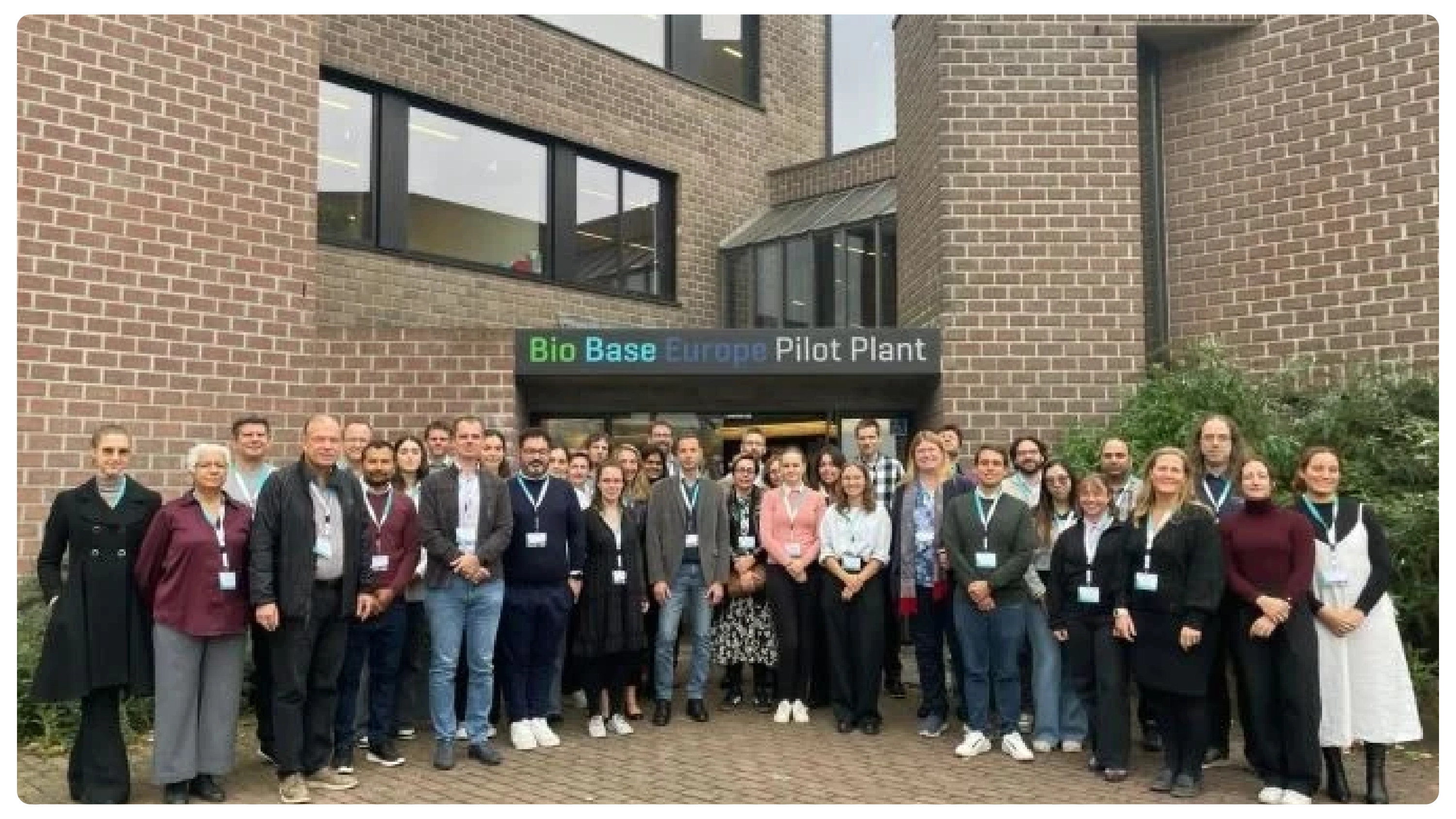Turning Waste into Worth: The UPCYCLE Project’s Bold Push for Circular Plastics
The UPCYCLE initiative, which aims to convert non-recyclable plastics into highly recyclable non-persistent packaging solutions, has officially launched, marking a significant step toward sustainable materials. The consortium of 19 partners from 12 countries convened in Ghent, Belgium, for a two-day kickoff meeting to set the direction. The event was organized by Aalborg University in Denmark and supported by the Horizon Europe program through the European Health and Digital Executive Agency (HADEA).

The magnitude of the problem is startling: only 9% of the more than 460 million tons of plastic produced worldwide each year are successfully recycled. Particularly in Europe, packaging accounts for around 40% of plastic demand but 60% of waste, with two-thirds of it thrown out within a year. These streams can linger in the environment for centuries and are frequently contaminated or non-recyclable.
UPCYCLE is using several innovative techniques to address this. These include smart polymerization strategies, Artificial Intelligence -driven process intensification eco-design approaches, and Safe-and-Sustainable-by-Design (SSbD) principles. Flexible packaging for fresh food, short-life deli packaging, beverage bottles, and personal care containers are among the targeted packaging applications where end-of-life performance and recyclability are crucial.
The Spanish Plastics Technology Center, or AIMPLAS, is a major participant in the project and is responsible for connecting cutting-edge polymer research with practical packaging implementation. Using reactive extrusion compounding, injection molding, and blow molding, AIMPLAS will develop new polyesters and copolyesters (such as PEF, PBAF, and PLA blends). The center will also oversee end-of-life evaluation through multi-cycle mechanical recycling trials, soil, freshwater, and marine environmental trials, biodegradation modeling, and composability testing (both industrial and residential). Its responsibilities also include lifecycle assessments, regulatory compliance, and market readiness.
Looking ahead to 2029, the UPCYCLE project targets delivering packaging materials that are highly recyclable and non-persistent, with the possibility of biodegradability where appropriate. Among its goals is reducing greenhouse gas emissions by 30% compared to current bioplastic solutions. These ambitions align closely with EU regulatory frameworks such as the Single-Use Plastics Directive and the Circular Economy Action Plan.
In conclusion, UPCYCLE is a forward-thinking cooperative initiative that combines innovation in polymer science, artificial intelligence, and circular economy design to reverse the trend of plastic waste. It could represent a significant step toward packaging that not only fulfills its purpose but also has a smaller environmental impact with close ties to industrial application and regulatory strategy.